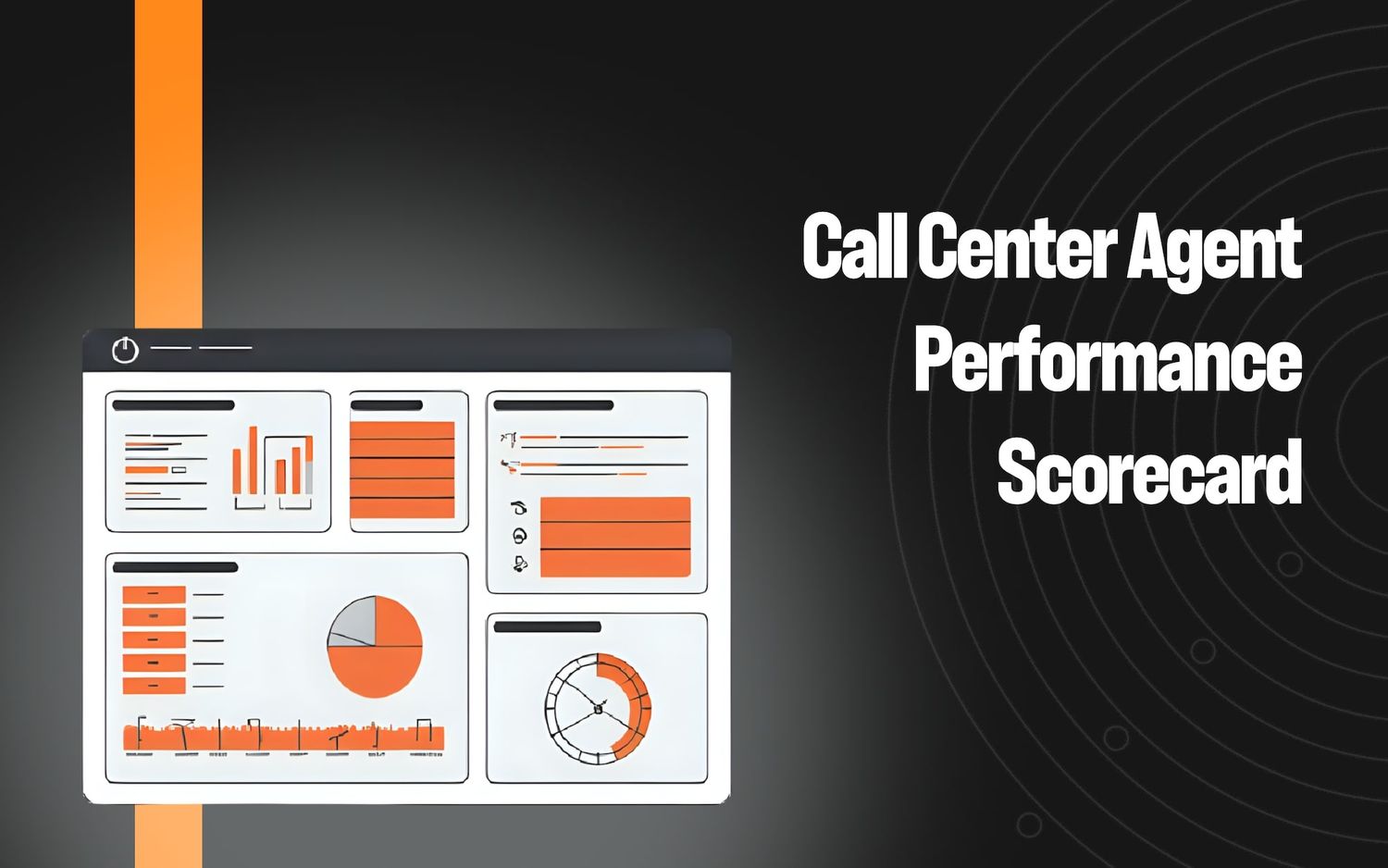The future of QA is here, meet QA-GPT


The contact center is often the first or even only source of connection with the customer that a brand has, and first impressions matter. Delivering a great contact center experience for the customer is crucial to retaining customers and maintaining a long-term positive brand image. Quality Assurance (QA) is an integral part of every contact center and is the main way brands have control over the quality of customer interactions.
1. Auto-QA Today
Contact center auto-QA (Quality Assurance) refers to the use of automated tools and technologies to assess and evaluate the quality of interactions between contact center agents and customers. Auto-QA solutions employ various methods such as speech analytics, natural language processing (NLP), sentiment analysis, and machine learning algorithms to automatically review and score customer interactions.
The primary goal of contact center auto-QA is to measure agent performance, identify areas for improvement, and ensure that customer interactions meet predefined quality standards. By automating the QA process, contact centers can streamline evaluations, save time, and gain more comprehensive insights into agent-customer interactions.
There are a few solutions in the market masquerading as Auto-QA. These solutions are often powered by legacy AI systems that are limited in scope or worse, without AI at all. QA scores computed by these basic auto-QA solutions often only evaluate the sentiment, presence of keywords of a conversation, or other more general dimensions. These scores however do a very poor job of measuring agent performance as they don’t cover the typical questions on a QA scorecard. No existing QA, so far, has been able to auto-score a conversation against the variety of dimensions (even the best cover only under 30% of scorecards) that contact centers want to measure against. To make matters worse, Auto-QA solutions that claim to use more sophisticated AI systems that can understand the intent behind the customer’s words are often black box solutions that are hard to trust as they don’t give any explanation for the way that they score conversations.
2. QA-GPT
We’ve launched a new and improved version of our existing Auto-QA product using the latest and most cutting-edge AI advancements:
Introducing QA-GPT! QA-GPT uses a proprietary Generative AI LLM model built by Level AI that can understand the nuances of human speech and continuously improves with your data. It’s several times more efficient and accurate than ChatGPT because it’s tailored to your business and trained with contact center data. Unlike competing Auto-Qa solutions, it doesn’t need to be trained on a set of phrases and can understand the intent of the question in a scorecard. No long set up required (configuring tags, keyword systems etc.). Just type your questions and you’re setnQA-GPT evaluates every conversation against your custom QA scorecards with almost no integration effort. Now you can evaluate every conversation, no matter the channel, with near-human accuracy. It also integrates with Level AI’s best-in-class coaching platform, allowing QA to create customized coaching plans for every agent in just a few clicks. Agents have the ability to drill down into the scores of any scorecard to learn what to improve simply by accessing their individual performance dashboards in their accounts. Similarly, QA managers can see trends, track process adherence, identify gaps, and drill all the way down to a particular conversation they’d like to review.

In our testing, we found that QA-GPT can cover over 85% of scorecard questions out of the box without any extra configuration. It also delivers better accuracy of over 90% compared to a consensus of human QA managers, which is in line with the average QA manager.
Say goodbye to black-box AI models where you’re never quite sure if the AI got it right. We’re also improving the transparency of evaluations. QA-GPT will show evidence with reasoning and quotes from conversations for every score to ensure that you can trust the results.
You can now also have separate rubrics for human and automated evaluations to ensure better accountability for the scores. QA-GPT also provides suggestions with evidence for manual QA evaluations making them 6x more efficient.

Don’t have a scorecard? No problem! Creating a new rubric is as simple as typing the question you want to evaluate for. QA-GPT is smart enough to comprehend even the most subjective of questions, like “Did the agent reduce the customer’s effort?” and use your data to evaluate. This enables a new level of flexibility for organizations to push the envelope on customer satisfaction with better QA standards. Learn how Level AI can help your contact center reach the next level.
Keep reading
View all





